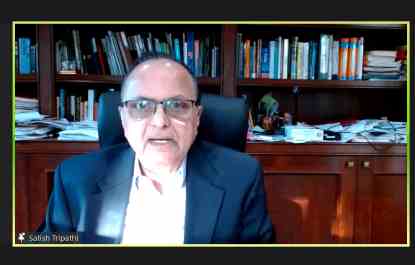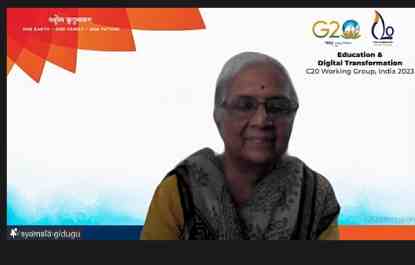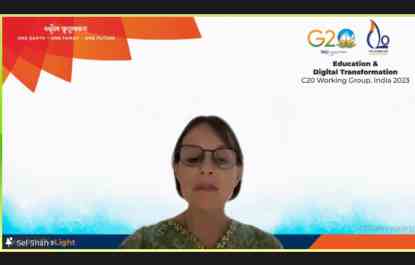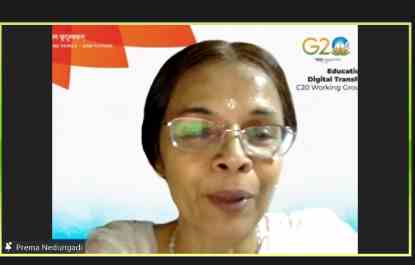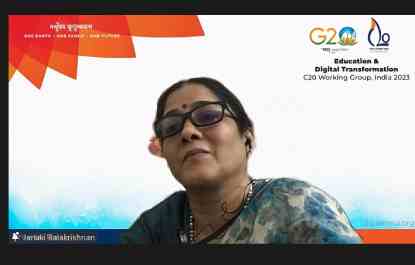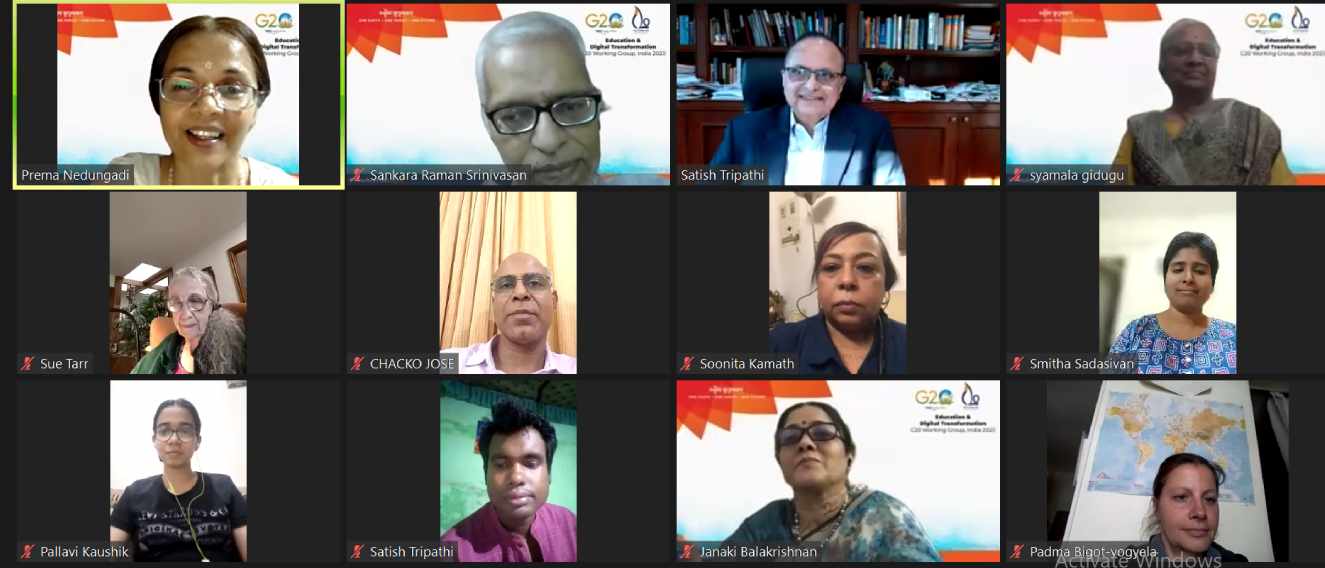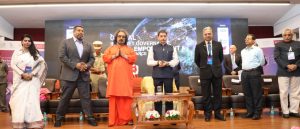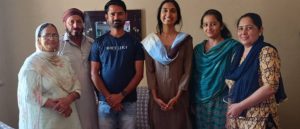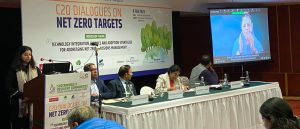The C20 Education and Digital Transformation working group recently organized a Policy Dialogue on Education for Persons with Disability. Over 115 attendees from 14 countries actively participated in the virtual event.
Civil 20 EDT Coordinator Dr. Prema Nedungadi, Director, Amrita CREATE, and Chairperson, School of Computing, Amrita Vishwa Vidyapeetham, set the context of the discussion. Dr. Nedungadi said that it is imperative to adopt appropriate technology. She added that enhanced learning solutions like the latest AI technology could ensure these technologies reach everybody while promoting skill development from the school level.
Dr. Satish Tripati, Founder and President of Ek Kadam Aur Foundation, provides opportunities for learning to low-income families through a partnership with educational institutions in India and Nepal. The main recommendations included legislation making education for blind children mandatory; making education accessible by making Braille learning compulsory from Class 1 and introducing digital education from Class 4; and engaging multiple stakeholders for implementation.
Dr. Julian Croninette, a developmental psychologist, shared his insights on working with children and adults with intellectual disabilities at a Mauritius-based NGO, APEIM. According to him, it is crucial to safeguard the rights of disabled persons through advocacy programs, education, training, and welfare programs. He stressed the importance of early identification, extending support to parents and children by providing better tools, and the need to create awareness which acts as a barrier to policy implementation.
Mr. S. Shankara Ramanan, Promoter and Secretary of Amar Seva Sangam, stated that disability is not a constraint. He pointed out the lack of early intervention access is a significant challenge. He added that rehabilitation training, employment generation, and social inclusion in rural areas must be addressed. On the use of technology, he said that the need for more professionals and infrastructure leads to exclusion. He presented the approach adopted by Amar Seva Sangam, where technology with dashboards helps engage teachers, and the general community, including parents, in supporting students with disabilities on interventions carried out for rehabilitation.
Ms. Syamala Gidugu, Executive Director of AADI, works in policy advocacy, capacity building, and rendering free service across health and education livelihoods. Some essential policy recommendations shared include the development of common resource centers; affordable aids and assistive devices; and standard procedures for review, upgradation, and maintenance of assistive devices.
Mr. Flourian Rwangaga is the Executive Director of CBIDO, Tanzania. He works closely on project planning, management, and disability community development. Some of the key challenges he highlighted include the lack of early identification contributing to school dropouts; physical and attitudinal barriers; and the lack of streamlined transition programs for students with disabilities. Citing a best practice followed by CBIDO works closely with the local authorities and community to make existing schools accessible.
Ms. Smitha Sadasivan advocates developing rights-based policies and programs for persons with disabilities. Her recommendations included multilevel sensitization and awareness programs, research, and educational institutions to focus on the development of assistive aids and technology that are affordable and promote inclusive and accessible arts, sports, and cultural events with peer support facilitating community development and social participation.
Dr. Janaki Balakrishnan is the managing trustee of Vijay Human Service. She said adequately trained professionals are required, with in-service teachers, para-professionals, and teacher assistants training. She also suggested setting up vocational tracks aligned with the National Skills Qualifications Framework (NSQF) with an extended exit age limit of 22 years.
